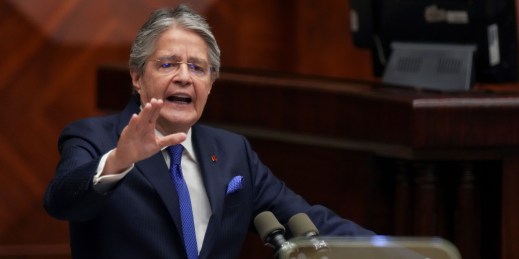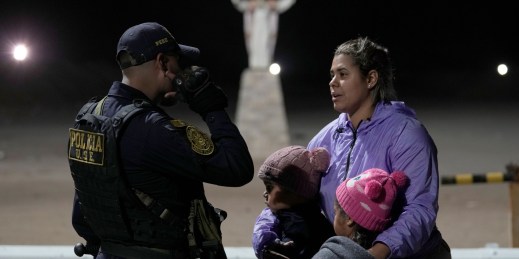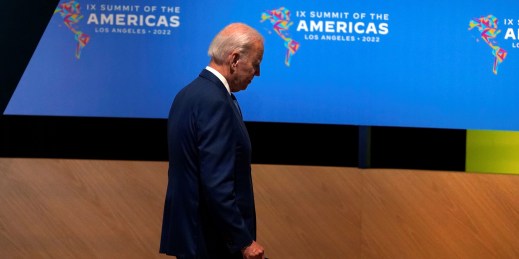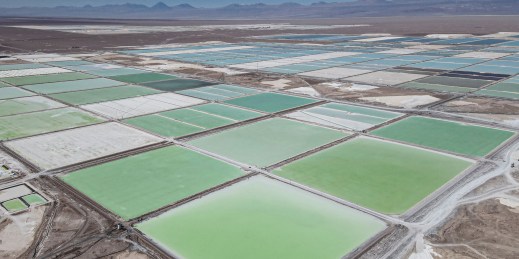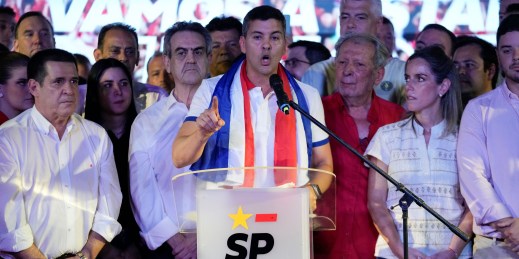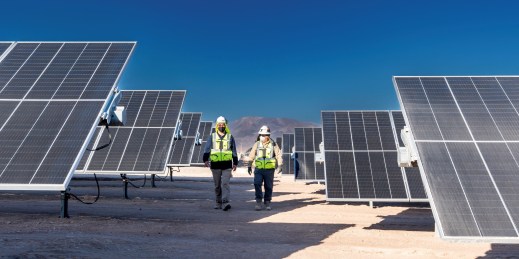
In the Global South, the rush to create green economies risks leaving behind workers in the informal sector unless there are targeted efforts in education and job training—policies and talking points often left out of this new green rush. Chile, considered to be Latin America’s most developed economy, is a case in point.

